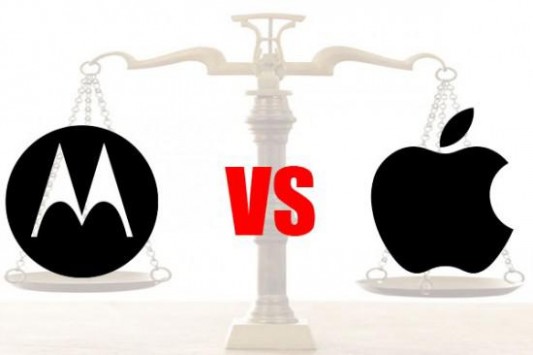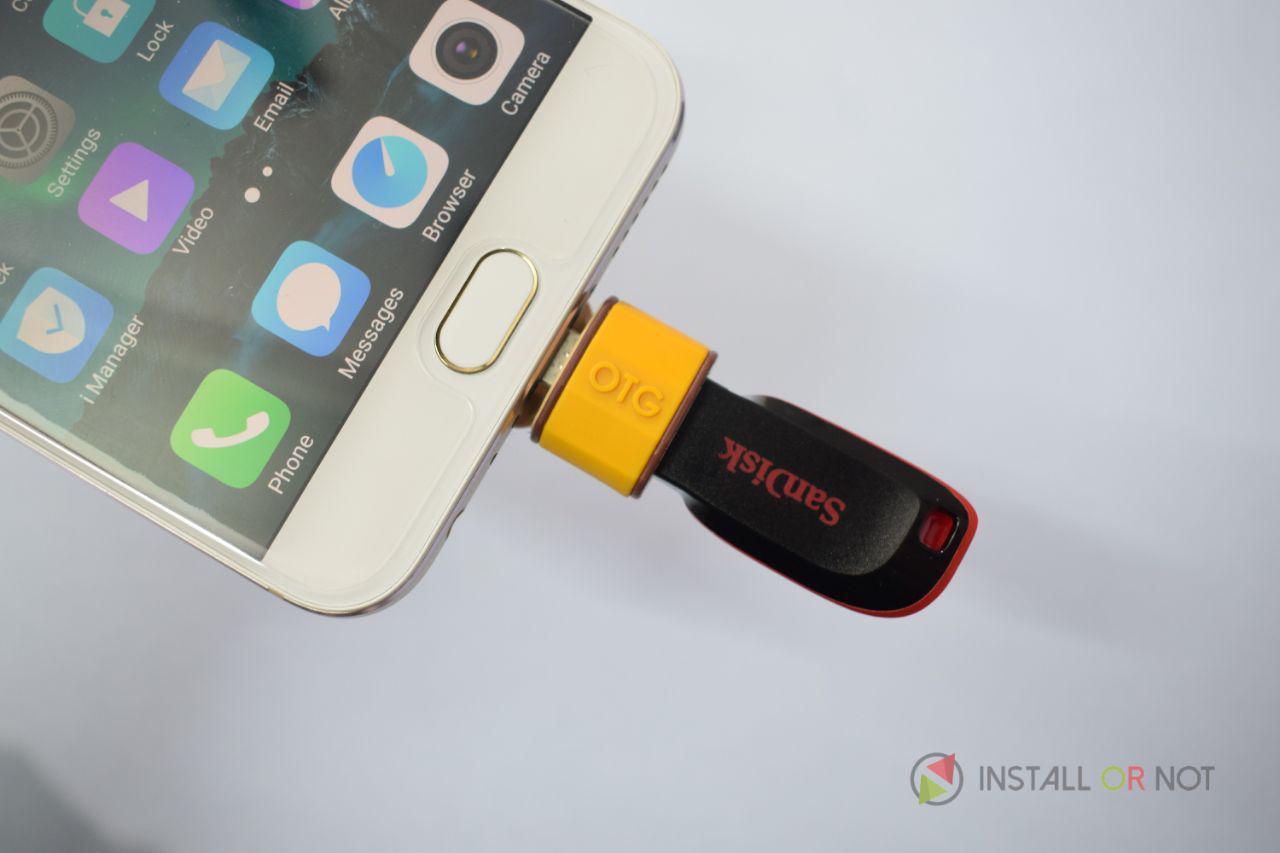

Yesterday, Apple won an injunction against Motorola regarding Apple’s slide to unlock image patent in Germany, but what does this mean for the rest of us? Well, based off just this instance on its own, probably not much really (unless you’re German and you happen to have a Motorola Android device), but the patent issue as a whole is much more of a problem for everybody. Especially if Apple is going to be allowed to patent common use technologies, then not just the mobile device industry is in jeopardy.
The specific patent in question, although patented by Apple, has actually been used by Microsoft and its partners for a while as the unlock method for Windows Mobile. There were four or five companies using the technology for several years before Apple went to market with the first iPhone. Nobody claimed ownership by way of patenting it, because it was the best method to accomplish the task and nobody felt the need to have other companies devices banned, since they welcomed the competition. This is where the jeopardy part comes in. If Apple is going to patent every method and self-developed technology in the iPhone, then actively sue every mobile device manufacturer that “infringes” on those patents – but have been using those technologies far longer – in the ultimate goal of having devices removed from sale in multiple countries then surely that is anti-competitive. Well in my opinion it is, but in the opinion of the US DoJ and Federal Trade commission, it isn’t. That may have something to do with Apple’s lobbyists and how in 2011 it spent $2.3 million on effectively conning US Government departments into doing its bidding. Moreover, this practice threatens to stifle innovation in the main PC market as adoption of devices like touch screens starts to gather pace. With only limited options for user interface design methods and technological development, the cost of these devices will either be forced to increase in order to cover extreme development costs or usability will suffer with interfaces like Microsoft’s Metro becoming the defacto standard.
Now, lobbying is a practice that I am very against, but that is only because it is a practice that is normally only ever used to the advantages of large companies or wealthy individuals and very rarely to the advantage of the general public. It also doesn’t help that, especially in the US, politicians look to the same large companies to pay for their election campaigns. So I guess you could consider lobbying “purchasing votes.”
So what does all of this mean if you’re an Apple device user (apart from the possibility you’re supporting technological terrorism)? Well, not a lot really. It does mean that Apple can keep coming up with “innovations” that have been in common use for a while and make you pay more than is appropriate for them. For the rest of us it is only bad news, for the reasons discussed above.
The really sad thing that this case represents is that the patent system is very deeply flawed and is in dire need of reform, because the fact that anybody can claim legal ownership of something that wasn’t their idea, and then use that leverage to, in the end, disadvantage the consumer is plain wrong. Something needs to be done and soon before this entire “patent war” gets any more out of control.










